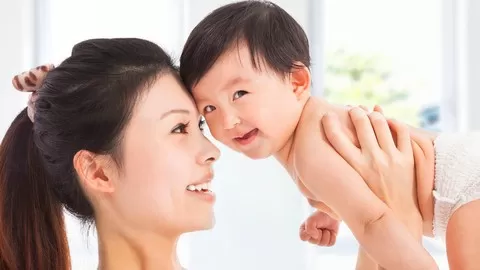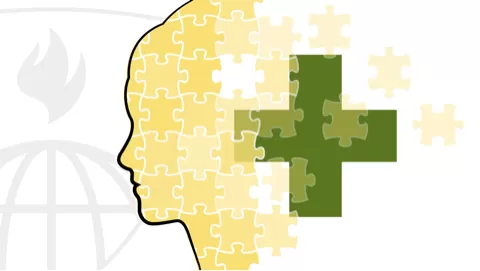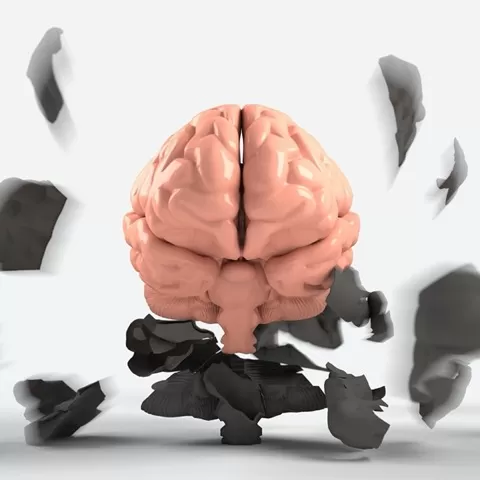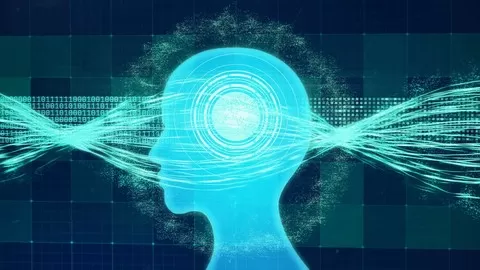Lifespan development explores how we change and grow from conception to death. This field of psychology is studied by developmental psychologists. They view development as a lifelong process that can be studied scientifically across three developmental domains: physical, cognitive development, and psychosocial.
Lifespan development can be described as a continuous and active process of coping with developmental tasks, i.e., demands, challenges, and chances that depend on people’s environment and life situation in given phases of the aging process. Specific developmental tasks are conceptualized as a consequence of the interaction between biological maturity, normative conceptions of ‘successful’ aging or development in society and individual plans, aims, needs, and values.
Across these three domains—physical, cognitive, and psychosocial—the normative approach to development is also discussed. This approach asks, “What is normal development?” In the early decades of the 20th century, normative psychologists studied large numbers of children at various ages to determine norms (i.e., average ages) of when most children reach specific developmental milestones in each of the three domains. Although children develop at slightly different rates, we can use these age-related averages as general guidelines to compare children with same-age peers to determine the approximate ages they should reach specific normative events called developmental milestones (e.g., crawling, walking, writing, dressing, naming colors, speaking in sentences, and starting puberty).
There are many different theoretical approaches regarding human development. As we evaluate them in this course, recall that developmental psychology focuses on how people change, and keep in mind that all the approaches that is presented address questions of change: Is the change smooth or uneven (continuous versus discontinuous)? Is this pattern of change the same for everyone, or are there many different patterns of change (one course of development versus many courses)? How do genetics and environment interact to influence development (nature versus nurture)?
Are we who we are because of nature (biology and genetics), or are we who we are because of nurture (our environment and culture)? This longstanding question is known in psychology as the nature versus nurture debate. It seeks to understand how our personalities and traits are the product of our genetic makeup and biological factors, and how they are shaped by our environment, including our parents, peers, and culture. For instance, why do biological children sometimes act like their parents—is it because of genetics or because of early childhood environment and what the child has learned from the parents? What about children who are adopted—are they more like their biological families or more like their adoptive families? And how can siblings from the same family be so different?
This course considers basic psychological perspectives on human development. Using the concept of continuing maturation from conception throughout the lifespan.
Course Objectives:
· Describe human behavior and mental processes from various theoretical perspectives in the field of psychology
· Identify the interrelationship between human biology and psychology
· Identify the manner in which psychological research relates to human development
· Demonstrate the skill of identifying information needed to answer questions pertaining to psychological terms and concepts
· Develop an understanding of psychology as an ever-changing discipline, based on contemporary research data
What are people most afraid of? What do our dreams mean? Are we natural-born racists? What makes us happy? What are the causes and cures of mental illness? T…
4.8
★★★★★ 4.8/5
694,777 students













